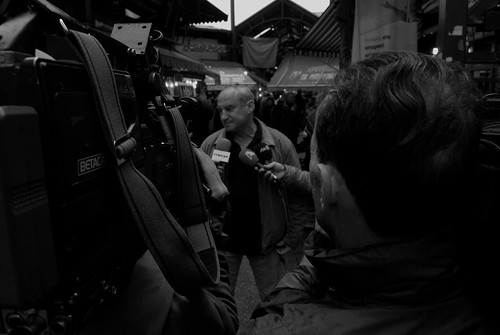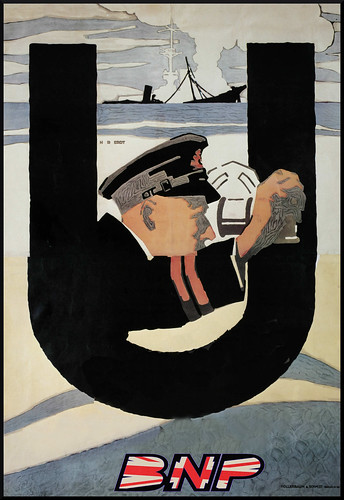
As many of you who read this blog know one of my passions is for
citizen journalism, an amorphous term that covers any number of sins and situations but which roughly means the covering of news stories by non-media professionals. The rise of the internet and especially sites that allow people to post their own material on the web have also allowed people to not only comment on what is happening in the news but also produce the news themselves.
At the same time traditional media organisations such as newspapers have entered a period of crisis and introspection. It is clear now that In America, Europe and many other parts of the world the internet has eroded (possibly fatally?) the traditional business models on which these organisations operate.
For many this is a source of great trepidation not simply because of loss of job security but also due to the wider social and political implications of having a weakened media sector. However, recently I have come across two news stories which makes it much harder for me I find it hard to sympathise with those in the news industry .
The first is
the announcement by the Associated Press news agency that it is now going to use digital rights management (
DRM) technology to control who uses its material. Tom Curley, A.P.’s president and chief executive put it more succinctly, when he said that nobody would be allowed to use their material without signing an agreement. In everyday terms this means that anyone who copies even a headline or a link without permission may find themselves in court facing charges.
The aim of this measure is to claw back revenue being lost by the newspaper industry to internet sites. Somehow I feel that
King Canute has returned to our wired age and instead of demanding the tides not roll back in has commanded that people do not copy and paste. I think that the results are as predictable as Canute’s efforts in the sea off Bosham.
DRM has proven stunningly ineffective in the music industry where 95% downloaded music is illegal. In addition we see whole industries devoted to the use of such illegal products. Do the nice people at Apple really believe that your average customer walks around with thousands of dollars of legally obtained music in their pocket? If that were true we’d all be mugging ipod users at the drop of a hat since their devices would be worth more, ounce for ounce than platinum.
The other article that caught my eye was
this one by Roy Greenslade in the Guardian commenting on how journalism in Britain has become one of the country’s most socially exclusive professions. According to the
Alan Milburn report, Unleashing Aspiration, it is becoming "one of the most exclusive middle-class professions of the 21st century"
By turning journalism into a graduate career the news industry has made it less and less accessible as an option for huge sections of the population. The demand for university qualifications and the ubiquitous use of unpaid internships means that only those from well off backgrounds can afford to the lengthy and costly process of becoming a professional journalist.
Once again education is used as an agent of social exclusion and when that fails the oiks can simply be starved out by demanding that they work without pay for years on end.
Unlike say medicine, law or architecture the growing demands for better and better qualifications in journalism seem to make little sense to outsiders. Although there is a whole raft of skills that have to be acquired by the professional reporter, the job does not require, in most cases the assimilation of a vast body of knowledge as is the case with say, medicine. Instead it depends on the ability to turn amorphous, often contradictory bits of information into readable copy. A skill most likely to be learnt through practice rather than academic study.
Indeed for most of the last 400 years this is exactly what happened since people trained on the job, most often without the need for a university education. Can anyone really say that today’s media organisations, with their news rooms full of BA’s, MAs and whatnot produce a higher quality product than ever before?
As with the case of Associated Press, the news industry has shown that it is, in fact all about exclusion. Building chain fences both socially and economically. So when media professionals complain about bloggers and others attacking them or taking jobs then it’s very hard to feel sympathy for those who have spent their whole lives trying to benefit from a system that is designed to keep others out.
Thankfully, these tactics are becoming less and less viable as the internet becomes a driving force in the way we produce and consume news. The ability of ordinary people from every social stratum to contribute means that more and more groups can take part in deciding what becomes news, what is considered important and how it is interpreted.















































